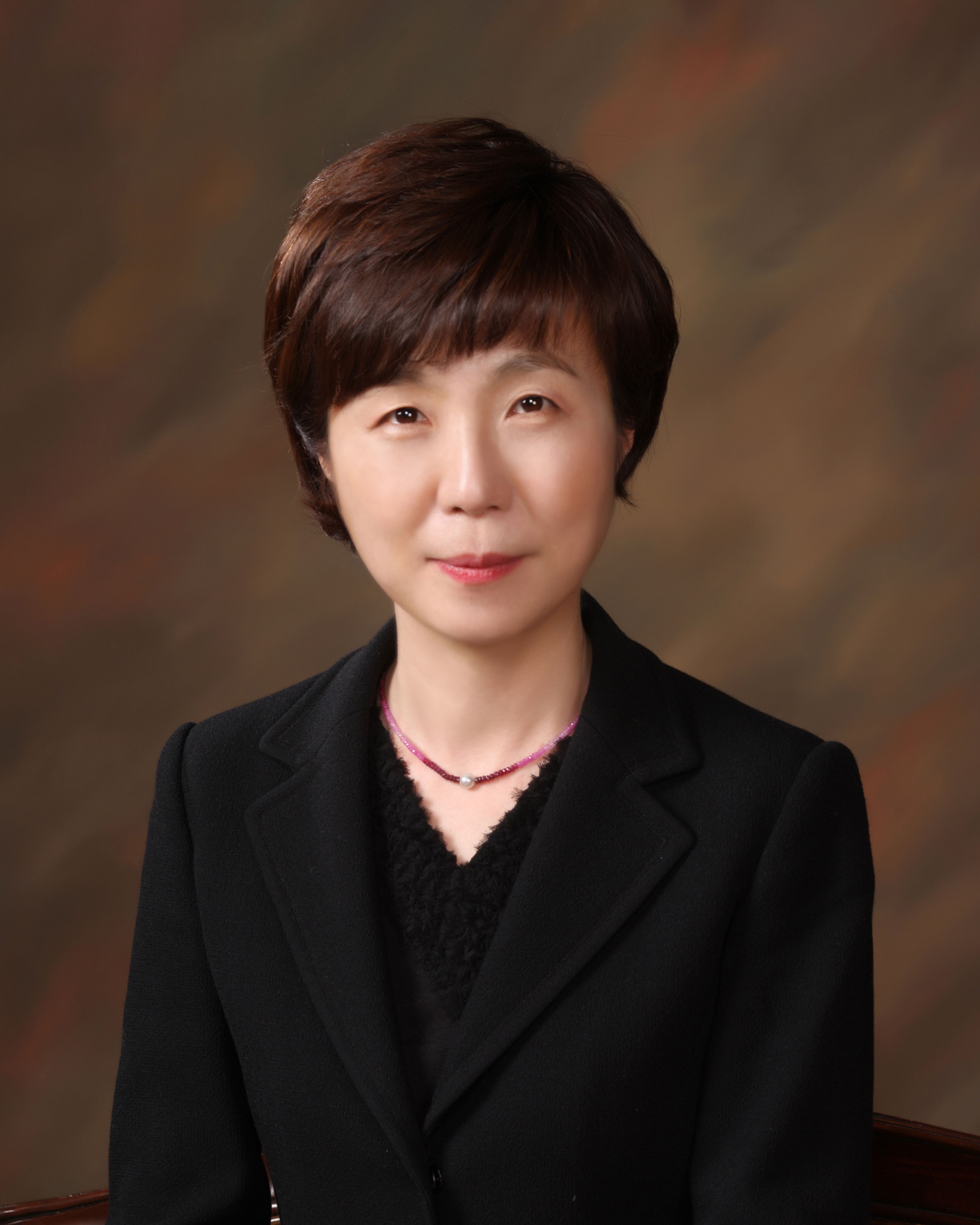1. Early Life and Education
Lee Seon-ae's early life and educational journey laid the foundation for her distinguished legal career.
1.1. Birth and Upbringing
Lee Seon-ae was born on January 3, 1967, in South Korea. Details about her specific upbringing are not widely known, but her educational achievements indicate a strong academic background.
1.2. Education
Lee Seon-ae graduated from Sungui Girls' High School in 1985. She then pursued her higher education at Seoul National University, where she completed her LL.B. in the Department of Judicial Affairs in 1989. In the same year, she achieved a significant academic milestone by passing the 31st judicial examination (사법시험SabeopsiheonKorean) at the top of her class.
2. Career Before Constitutional Court
Prior to her appointment to the Constitutional Court, Lee Seon-ae built a comprehensive legal career, serving in various judicial and legal capacities.
2.1. Entry into Law and Judicial Service
Lee Seon-ae began her judicial career in 1992, serving as a judge for 12 years. Her initial appointment was at the Seoul Civil District Court. She subsequently served as a judge at the Eastern Branch of the Seoul District Court in 1994, the Daejeon District Court in 1996, and the Seoul District Court in the same year. Her judicial service continued at the Seoul Administrative Court from 2001 and the Seoul High Court from 2003. In 2004, she was seconded as a rapporteur judge to the Constitutional Court of Korea, where she worked for two years, gaining valuable experience in constitutional law.
2.2. Attorney at Law
After concluding her service as a rapporteur judge in 2006, Lee Seon-ae transitioned into private practice, joining Yoon & Yang LLC, a prominent law firm. She worked as an attorney at the firm, handling various legal cases and further broadening her legal expertise.
2.3. National Human Rights Commission Service
From 2014, Lee Seon-ae served as a non-standing member of the National Human Rights Commission of Korea. During her tenure, she contributed to discussions and initiatives concerning human rights in South Korea. However, her activities at the commission also drew criticism. The National Assembly's Legislation and Judiciary Committee noted that she did not adopt a sufficiently progressive stance on human rights violations and was perceived as passive in her engagement with anti-discrimination activities.
3. Constitutional Court Justice
Lee Seon-ae's most prominent role was as a Justice of the Constitutional Court of Korea, where she served for six years.
3.1. Appointment Process
Lee Seon-ae was nominated as a Justice of the Constitutional Court to succeed Justice Lee Jung-mi. Her nomination was put forth by Yang Sung-tae, then the Chief Justice of the Supreme Court of Korea. Following her nomination, she was officially appointed by Hwang Kyo-ahn, who was serving as the acting President of South Korea at the time. Her appointment process reflected the political and judicial dynamics of the period.
3.2. Tenure and Key Activities
Lee Seon-ae officially commenced her term as a Justice of the Constitutional Court of Korea on March 29, 2017. During her six-year tenure, she participated in numerous significant cases that shaped constitutional jurisprudence in South Korea. She was regarded by some as part of a moderate group among the nine justices of the Constitutional Court. Her responsibilities included reviewing the constitutionality of laws, adjudicating constitutional complaints, and resolving inter-agency disputes, contributing to the protection of constitutional values and fundamental rights. Her term concluded on March 28, 2023.

4. Assessment
Evaluations of Lee Seon-ae's professional contributions and judicial philosophy vary, reflecting different perspectives on her career and decisions.
4.1. Positive Contributions
Her professional achievements and insights have received commendations. Yang Sung-tae, who nominated her for the Constitutional Court, praised her as being "proficient in both judicial practice and theory" and possessing a "broad perspective on society as a whole." He further acknowledged her significant contributions to enhancing human rights awareness and promoting the human rights of socially vulnerable individuals through her activities as a member of the National Human Rights Commission of Korea.
4.2. Criticisms and Controversies
Despite positive assessments, Lee Seon-ae's career also faced criticisms, particularly concerning her stance on social justice and human rights issues. The National Assembly's Legislation and Judiciary Committee, in its report adopted on March 24, 2017, specifically pointed out that as a human rights commissioner, she "did not adopt a progressive attitude towards human rights violations" and was "passive in her activities concerning anti-discrimination." These criticisms highlight debates surrounding her approach to human rights advocacy.
4.3. Political and Judicial Tendency
Lee Seon-ae's judicial philosophy has been described as leaning towards a middle-conservative tendency. This assessment suggests a cautious approach to legal interpretation, often balancing individual rights with broader societal stability and established legal principles. She was generally considered a member of the moderate group within the Constitutional Court.
5. Retirement
Lee Seon-ae concluded her six-year term as a Justice of the Constitutional Court of Korea on March 28, 2023. Upon her retirement, she made a public statement, reflecting on her service and acknowledging public scrutiny, stating, "I will accept criticism and reprimand." Her successor as a Justice of the Constitutional Court, nominated by the Chief Justice of the Supreme Court and appointed by the President, is Kim Hyungdu.